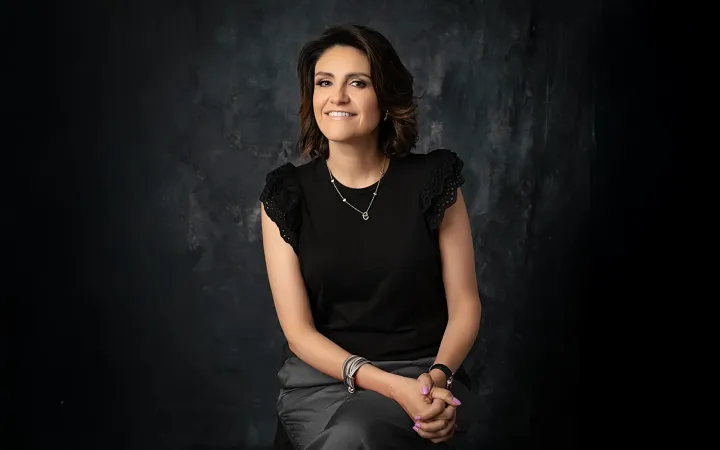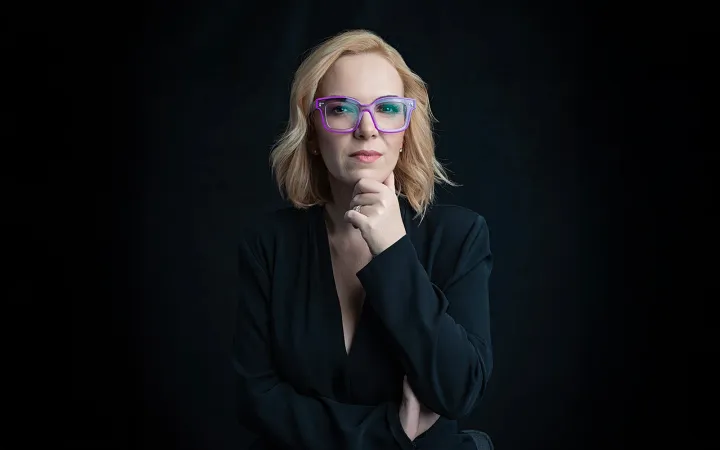
Por Alejandra de Cima

“Tienes cáncer de mama en el seno izquierdo. Afortunadamente es un cáncer pequeño, de 1.4 cm in situ, es decir, aún encapsulado y por lo que pudimos ver en la cirugía, no se ha diseminado. Es por esta razón que el curso de tratamiento que recomiendo es una mastectomía radical de ambos senos, seguido de quimioterapia y ocho semanas de radiación. Al término de esto, comenzaremos con la hormonoterapia por cinco años con inhibidores de estrógenos pues tu cáncer es positivo a receptores hormonales”. Esto fue lo que me dijo el oncólogo cuando me citó, después de haberme realizado una biopsia en el seno, pues unos meses antes, me había sentido una bolita indolora pero necia, que no desaparecía con las vitaminas que durante ocho meses había tomado por encomienda de mi experto ginecólogo para hacerla desaparecer.
Fue una resolución médica radical que nunca consideró mi opinión como paciente, ni me dio la oportunidad de intervenir en la conversación unilateral del doctor para cuestionar la estúpida recomendación que me planteaba. Me tardé dos minutos en desechar su propuesta y buscar alternativas.
Al compartir mi caso con el médico en St. Louis Missouri, donde finalmente me traté, recibí miradas atónitas pues los doctores no daban crédito de lo que escuchaban. ¿Tú estuviste de acuerdo con este procedimiento? ¿En qué se basaron para determinarlo? Me cuestionaron. Respondí que a mí, hasta ese momento, nadie me había preguntado nada, de hecho ni siquiera había sido yo la primera persona en conocer mi diagnóstico; antes de mí, ya toda mi familia sabía que en unas horas me darían la noticia. Todos fingían y sonreían, pero lloraban por dentro.
Después de revisar mi expediente, consultar los protocolos establecidos y analizar conmigo las posibilidades de tratamiento, decidimos que mi cáncer solo se trataría con una cirugía conservadora para extraer el tumor del seno afectado, seguido de 8 semanas de radiación para asegurarnos que no quedaran células cancerígenas y por último, 3 años de hormonoterapia, una pastilla diaria que inhibe el movimiento hormonal. Al término de esto, daríamos tiempo a mi cuerpo de limpiarse en preparación a un posible embarazo. El seno derecho nunca fue parte de la conversación.
Fue una decisión que tomaba en cuenta mi edad, el tipo y tamaño de tumor, mis planes de vida y mi deseo de ser madre, así como mi opinión como paciente. Una que además se hizo con un grupo multidisciplinario de médicos que incluía un psicólogo y un fisioterapeuta, entre otras varias especialidades.
Las discrepancias en la forma de querer tratar un mismo cáncer son el resultado de la falta de protocolos, criterio y lineamientos claros que enfrenta nuestro país, para abordar una situación médica. ¡Hay demasiado campo para criterios personales!
Hace algunos meses se publicó en el DOF la intención de cancelar más de 30 normas oficiales en materia de salud, entre ellas las de algunos cánceres. Las normas oficiales son los documentos que marcan lineamientos de atención para las instituciones de salud tanto públicas como privadas. ¡Qué insulto para el progreso del país y qué tragedia para los mexicanos! Pues al no contar tampoco con un Plan Nacional de Control de Cáncer, que se base en evidencia científica y siente las bases para controlar la prevalencia, su tratamiento y la mortalidad, difícilmente podremos incidir en la tasa de mortalidad por cáncer. Por si fuera poco, falta también un Registro Nacional de Cáncer que nos permita entender patrones nacionales e identificar la población de alto riesgo para dirigir los programas de prevención y diagnóstico temprano.
Estos son solo algunos de los aspectos que se proyectan como obligatorios en la Ley General de Cáncer de México.
La Comisión de Trabajo de la Sociedad Civil que impulsa esta Ley la conformamos 13 organizaciones en la lucha contra el cáncer, y con el apoyo de más de 250 especialistas en la materia con quienes nos reunimos en múltiples ocasiones, recabamos las conclusiones en un documento que entregamos al Senado de la República el pasado mes de octubre para ser convertido en la Iniciativa de Ley General de Cáncer. Hoy, se encuentra en revisión en las Comisiones de Salud y Estudios Legislativos, además de estar siendo analizada por la Junta de Coordinación Política del Senado de la actual legislatura, a quien le quedan aproximadamente 20 días para finalizar su periodo de sesiones. Esperamos que antes de concluir, tengan en la agenda, dar el primer gran paso para convertir a México en el décimo país de Latinoamérica en contar con una Ley para el control del cáncer, al decidir dictaminarla.
Con ello estaremos más cerca de asegurar que cuando un mexicano enferma de cáncer estará protegido por una Ley que le garantizará una atención digna en tiempo y de calidad, respaldada por estándares internacionalmente verificados y que gozará con mayores probabilidades de supervivencia y una mejor calidad de vida.
La Ley General de Cáncer para México es un proyecto de todos y para todos.
*Alejandra de Cima es estudiante de Historia del Arte y Relaciones Internacionales en la Universidad Americana de Paris, Francia; se ha desempeñado como corredora de arte gráfico y la promoción de arte contemporáneo mexicano. Es sobreviviente de cáncer de mama y filántropa de convicción. Se ha dedicado profesionalmente a la labor altruista desde la Fundación CIMA que creó en 2002 y hasta el día de hoy, ha dirigido su labor en la lucha contra el cáncer de mama en México.
Las opiniones expresadas son responsabilidad de sus autoras y son absolutamente independientes a la postura y línea editorial de Opinión 51.





Comments ()